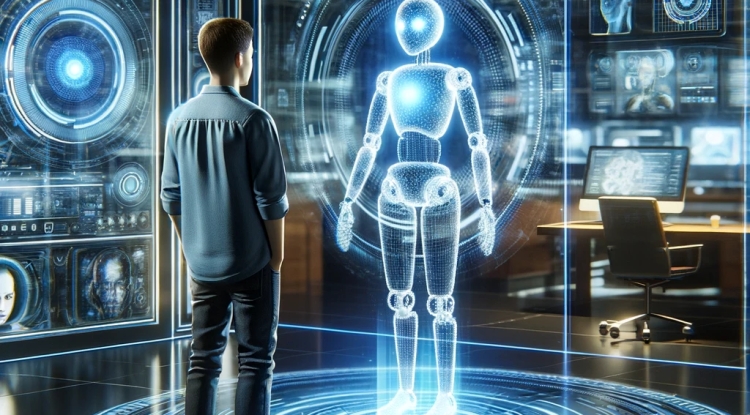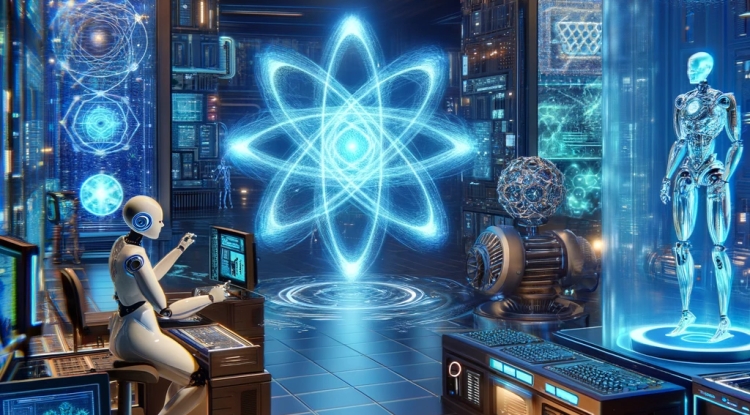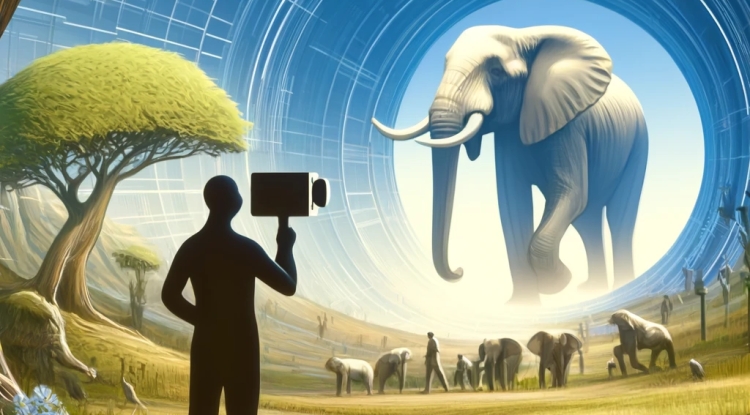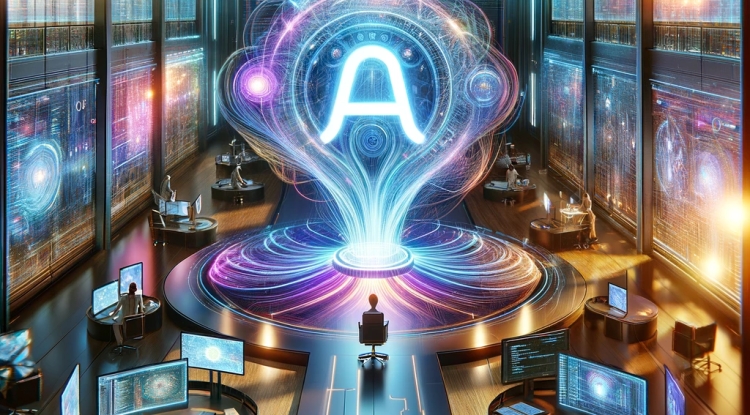The Conversational Future: Navigating the Evolution of AI Chatbots
The article explores the evolution of AI chatbots from simple, rule-based systems to advanced conversational agents capable of mimicking human-like interactions. Highlighting their impact across industries like customer service, healthcare, and education, it discusses the role of natural language processing (NLP) and artificial intelligence (AI) in this transformation. The piece also addresses ethical considerations and the future potential of chatbots, including their integration into immersive technologies and ability to offer empathetic interactions. This exploration underlines the significance of AI chatbots in shaping the future of human-computer communication.
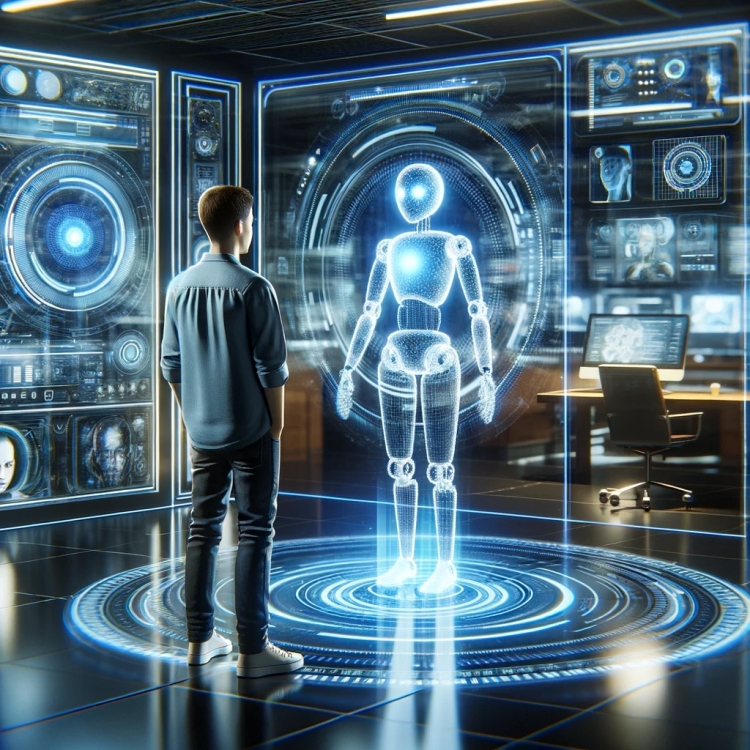
In the heart of the digital age, AI chatbots have emerged not just as tools of convenience but as bridges connecting the vast expanse between human intelligence and artificial intelligence. These digital entities, once simple programmed scripts responding to specific commands, have evolved into sophisticated conversational agents, capable of understanding and generating human-like responses. This journey from rudimentary beginnings to complex, empathetic interactions encapsulates the rapid advancement in AI technology and its potential to redefine human-computer interactions.
From Scripted Responses to AI Companions
The evolution of AI chatbots mirrors the broader trajectory of artificial intelligence and machine learning. Initially, chatbots were limited to rule-based systems where responses were pre-defined and triggered by specific user inputs. However, the advent of natural language processing (NLP) and machine learning algorithms has transformed chatbots into highly intuitive, conversational entities. Today's AI chatbots leverage large language models to understand context, manage nuanced dialogues, and provide responses that mimic human conversational patterns.
Impact Across the Spectrum
The proliferation of AI chatbots across industries highlights their versatility and the broad spectrum of applications they encompass. In customer service, chatbots offer 24/7 assistance, handling inquiries with efficiency and precision, thereby enhancing customer experience and operational productivity. Healthcare has seen chatbots providing mental health support, patient management, and immediate access to medical information, making healthcare more accessible. In the education sector, chatbots personalize learning experiences, adapting to individual learning paces and styles, revolutionizing the educational landscape.
The Ethical Dimension
As AI chatbots become more integrated into our lives, they bring forth ethical considerations that need addressing. The accuracy and fairness of responses, privacy concerns, and the potential for misuse are critical issues. Ensuring chatbots are developed with ethical AI principles in mind is paramount, emphasizing transparency, accountability, and respect for user privacy.
The Future is Conversational
Looking forward, the potential of AI chatbots is boundless. With advancements in AI and machine learning, future chatbots are expected to become even more indistinguishable from human interactions. They will not only understand and speak in multiple languages but will also be capable of recognizing and adapting to emotional states, providing empathetic responses. The integration of AI chatbots into virtual reality and augmented reality platforms is poised to create immersive, interactive experiences, further blurring the lines between the digital and physical worlds.
Conclusion
The evolution of AI chatbots from simple automated responders to complex conversational agents is a testament to the strides made in AI and NLP. As we stand on the cusp of a conversational future, the role of AI chatbots is set to expand, promising a future where human-computer interaction is seamless, intuitive, and deeply integrated into our daily lives. The journey of AI chatbots is not just a narrative of technological advancement but a glimpse into a future where technology enhances human experience in ways previously unimagined.
What's Your Reaction?















